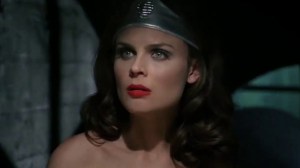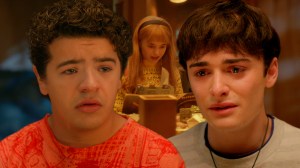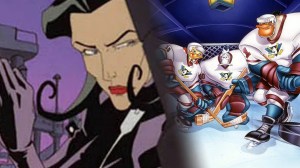The impact of Game of Thrones on the world of fantasy shows is huge, and literally everyone knows it. Even today, it’s a production that influences a lot out there. Mixing politics, wars, complex characters, and an epic story, the HBO series simply changed the game and won a legion of fans around the world (including both longtime George R. R. Martin book fans and the general audience who never dared to follow a fantasy story). Despite the infamous ending, many other shows have tried to fill that space somehow and replicate the level of its massive, historic success. But the truth is, none of them really managed to establish themselves as the new benchmark for the genre. In fact, it’s pretty hard to get close to what Game of Thrones built over time, even six years after it ended.
Videos by ComicBook.com
Here are 12 fantasy TV shows that tried (and for different reasons, didn’t succeed) to be the “new Game of Thrones.” From super ambitious productions to simpler ones, each has its strengths and weaknesses, but together they show that reaching that high level and building such a worldwide legacy is no easy task.
1) House of the Dragon
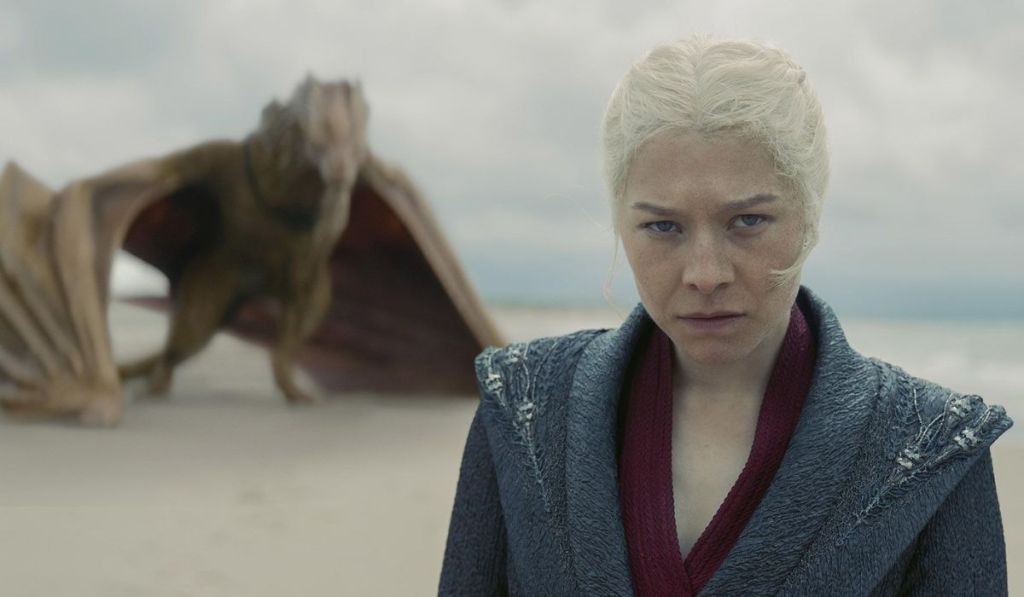
The universe of Martin is so vast that, besides Game of Thrones, other stories have already been produced or are in progress. House of the Dragon is one that came right after and caused quite a buzz for being the first spinoff of the series. It’s undeniable that it arrived with the huge pressure of being the successor, focusing on the story of the Targaryens and their power struggles in Westeros. And the ambition was clear: to replicate the massive success of the original franchise with political drama, battles, and dragons in the spotlight. But despite maintaining the dark tone and visual impact, it didn’t quite reach the heights of GoT, especially due to pacing issues and a narrative that, at times, still feels too tied to fan expectations (which makes it lose spontaneity).
The biggest problem with House of the Dragon wasn’t the technical quality (which is high) nor the well-built universe, but rather the gigantic shadow of what came before. The show tries to be “more of the same” instead of reinventing itself. It has value for those who are fully into the lore, but even now, it hasn’t managed to win over the general audience as the groundbreaking fantasy show that everyone around the world tunes in to watch. Like it or not, it didn’t break through the bubble like GoT.
2) The Witcher
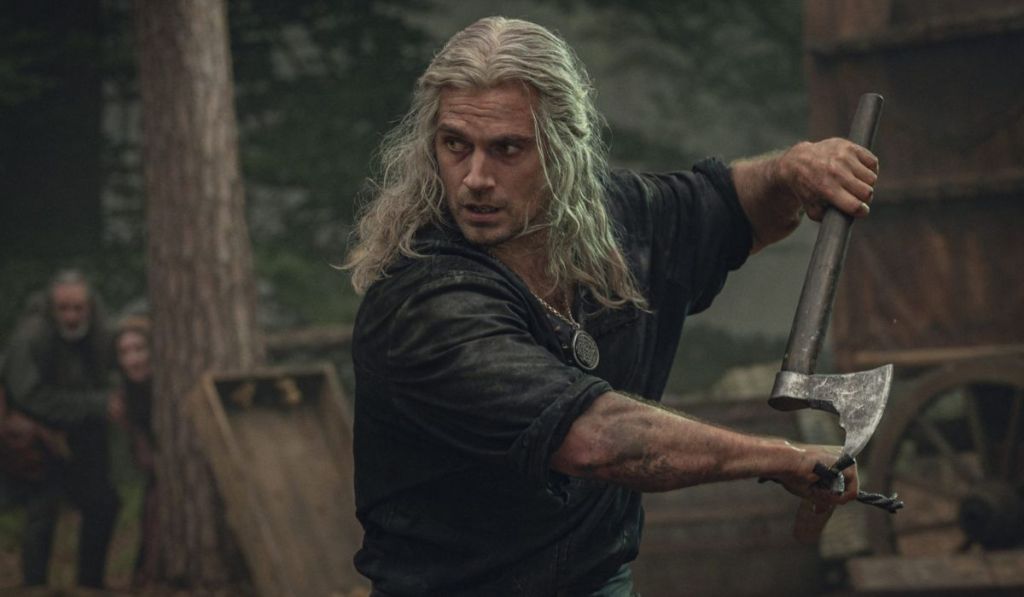
With Henry Cavill as Geralt of Rivia (at least in the first seasons), The Witcher had a promising start by betting on a mix of adult fantasy, monsters, and ambiguous characters. Based on Andrzej Sapkowski’s books, the show is set on a continent where humans, elves, and other creatures coexist under the threat of war and magic. The structure initially focused on isolated adventures of the monster hunter, which created a disconnect from the serialized and political storytelling of Game of Thrones. Yes, the show gained fans, especially among those who already knew the universe, but why did it fail then?
Over the seasons, attempts to increase political complexity and drama ended up compromising the script’s cohesion, resulting in changes that didn’t please everyone. The Witcher never had that web of dark characters and power plays that made GoT a phenomenon, even with excellent production and cast. It remains a very good series, but far from the weight and maturity needed to capture the general audience’s attention and become truly grand.
3) The Lord of the Rings: The Rings of Power
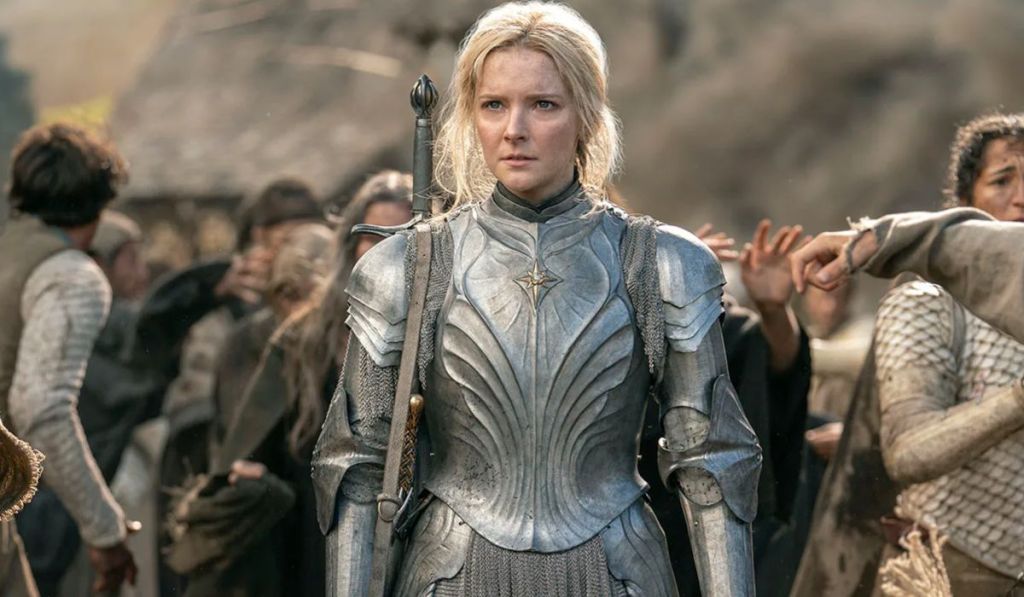
Amazon invested billions to expand J. R. R. Tolkien’s universe with The Lord of the Rings: The Rings of Power, focusing on the events of the Second Age of Middle-earth, involving the rise of Sauron and the forgers of the Rings of Power. The intention was to build an epic saga that could rival the cultural impact of Game of Thrones. However, despite the grandeur of the production, the reception was polarized. Many fans of the original material complained about creative liberties, slow pacing, and a lack of narrative tension. The show tried to capture the sense of scale and mythology, but fell into the classic problem of productions that prioritize visual effects over story development.
A billion-dollar budget isn’t a guarantee of cultural success, and the lack of an engaging story with complex characters caused The Rings of Power to alienate the general audience. It’s a shame because the ambition was huge for the fantasy genre, but the final product didn’t reach the necessary level.
4) Shadow & Bone
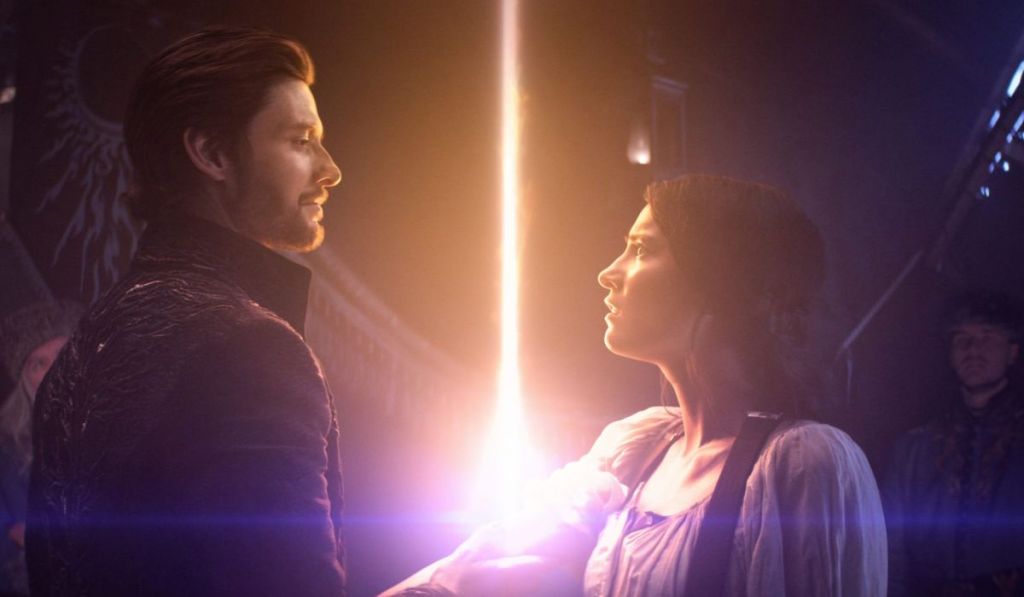
Not everyone has heard of Shadow & Bone (mainly because it was cancelled), and that says a lot. Based on Leigh Bardugo’s Grishaverse book series, the story revolves around a young orphan who discovers she has a rare power capable of changing the fate of a country divided by a mysterious threat. The show features accessible worldbuilding, likable characters, and a mix of adventure and romance. However, by opting for this cleaner formula, it deliberately distances itself from the tone and complexity that made Game of Thrones a TV giant.
Here lies the main reason for its failure as a “replacement:” Shadow & Bone doesn’t try to compete exactly at the same level of political complexity, moral violence, or narrative scale. It’s a lighter, less ambitious fantasy. This limited its appeal among older audiences and critics who expected a modern take on the kind of fantasy GoT popularized. The series performed well and has been praised by younger viewers, but it’s still far from achieving a significant cultural impact.
5) The Last Kingdom
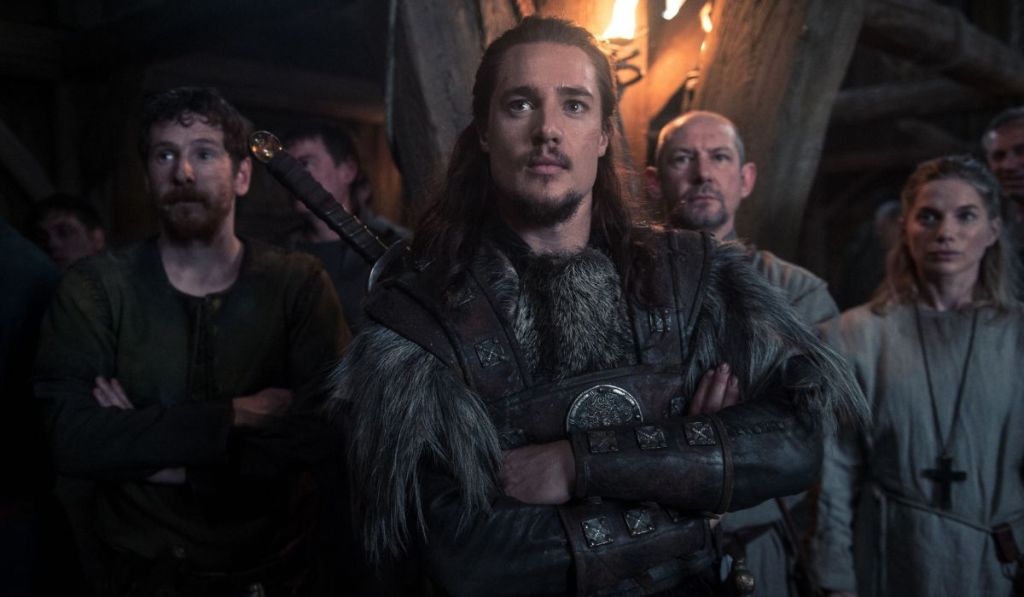
Set during the Viking invasions of England, The Last Kingdom follows a Saxon noble raised by Vikings as he struggles for his land and identity. This show won over many viewers with its straightforward storytelling and focus on battles and personal dilemmas. Unlike Game of Thrones, there’s no explicit magic or continent-wide power struggles, as it leans more on historical drama with political nuances but maintains a more traditional and linear approach. It’s a production that knows how to please, tried something different within the genre, succeeded, but didn’t manage to reach phenomenon status.
The show’s success lies in its consistency and gradual character development, but that same limited format that captivates its audience also prevents it from being seen as a possible GoT replacement. The lack of moral ambiguity and the relative simplicity of the plot reduce its potential. In the end, The Last Kingdom is an excellent fantasy production on TV, but not something vast enough to resonate globally.
6) His Dark Materials
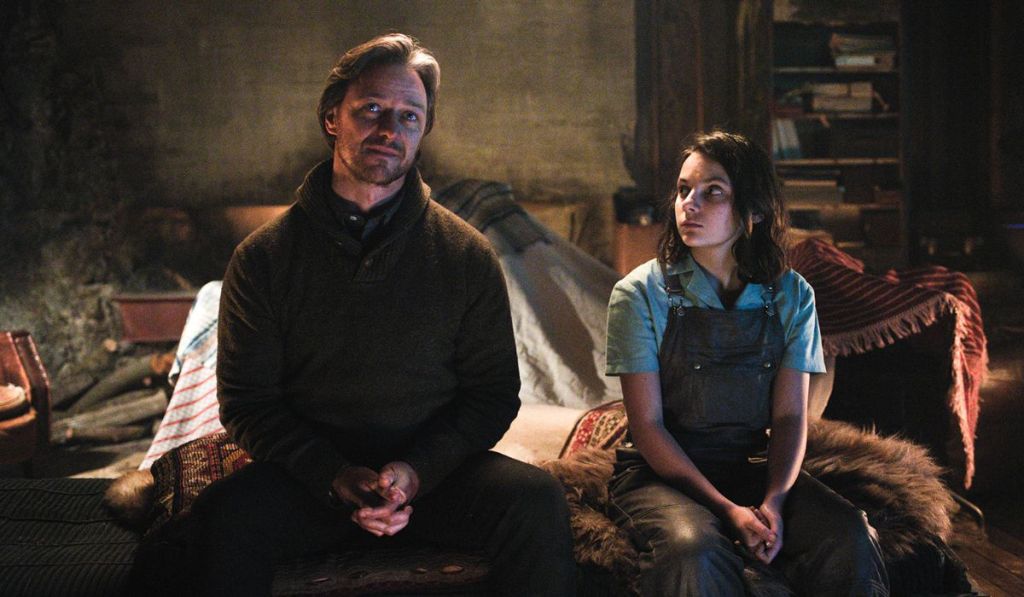
Another book-based series is His Dark Materials, which follows the journey of a young orphan through parallel worlds, facing a powerful conspiracy tied to the Church and a substance called Dust. The show stands out for its philosophical approach, themes of free will, institutional critique, and its fantastic elements like the daemons (animal manifestations of the characters’ souls). It’s quite thought-provoking, but despite being well-made and visually appealing, its more contemplative story is geared toward a young-adult audience, much like Shadow & Bone. Consequently, it doesn’t fit the mold of the adult fantasy Game of Thrones that defined.
Besides, all that philosophy, allegory, and almost metaphysical struggle isn’t something that attracts everyone. Unfortunately, this limits its reach. His Dark Materials is a respectable TV show, good for those who buy into its concept. But in short, it’s too niche.
7) The Wheel of Time
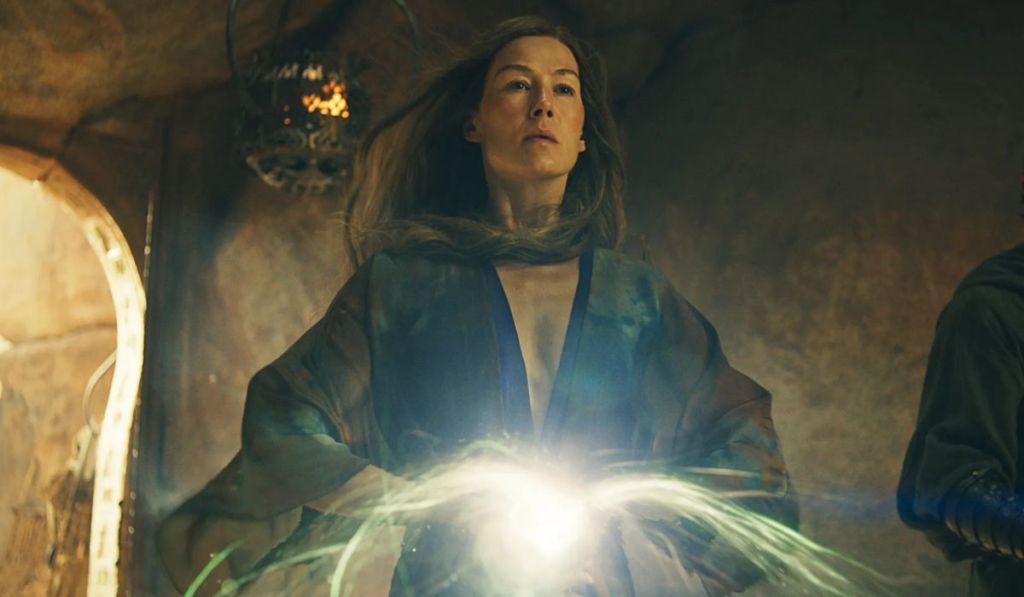
Let’s face it: The Wheel of Time is one of the most ambitious fantasy adaptations of the last decade, based on Robert Jordan’s vast book saga. The series follows a powerful Aes Sedai (a member of an all-female order of magic users) and a group of young people crucial to the world’s fate, fighting against dark forces. With high production values and a strong cast, the show tried to capture the political complexity and epic scale of Game of Thrones, but it stumbled on pacing and script adaptation issues. While it improved in later seasons, it still suffered a drop in ratings and was eventually cancelled. GoT had its ups and downs, but never declined that sharply.
The failure of The Wheel of Time lies in its inability to maintain a story that’s epic, dense, and emotionally engaging for a massive audience all at once. Instead of building a universe that appeals beyond the book fans (which GoT managed), the show struggled. The ambition was there, and the potential too, but inconsistent execution made it hard to become a legit successor to the HBO hit.
8) Britannia
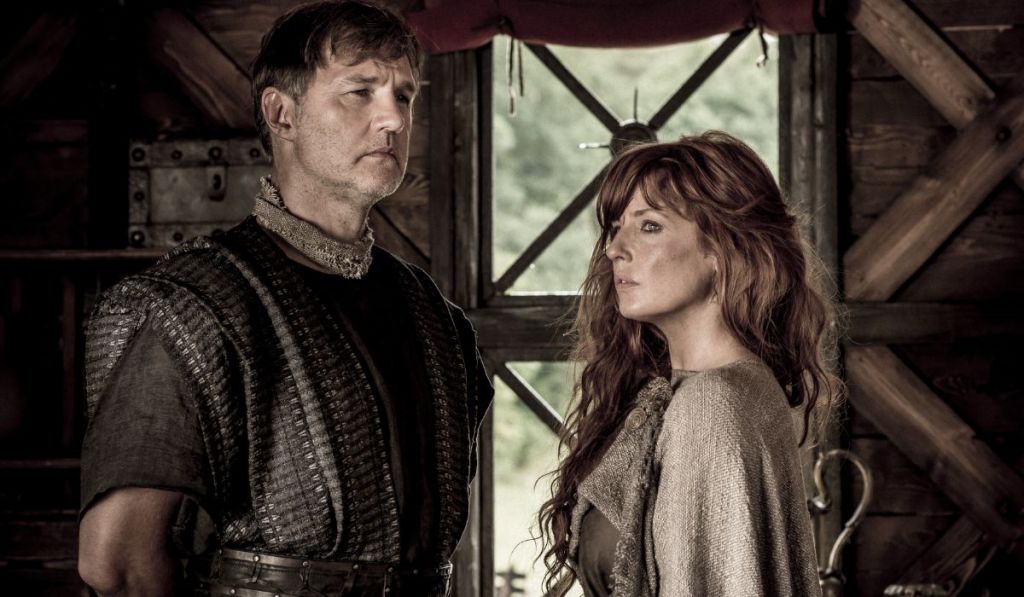
Set during the Roman invasion of Britain, Britannia mixes history with druidic fantasy, magic, and mystical creatures. Throughout its episodes, the show tries to create a dark and violent atmosphere, featuring a diverse cast fighting for control over a mystical, wild land inhabited by Celtic warriors and druids with powers. The premise is intriguing, and although it boasts an interesting aesthetic and impactful moments, the problem lies in inconsistent writing and characters that aren’t always deeply developed. Like it or not, this impacts the viewer’s ability to engage with the story they’re watching.
Because of these combined flaws, Britannia unfortunately limited its success potential, preventing the show from reaching the massive engagement level that Game of Thrones achieved. The series definitely has qualities and a loyal fanbase, but its sometimes confusing story and uneven focus kept it confined within a bubble, lacking the broad and multifaceted appeal needed to attract wider audiences.
9) See
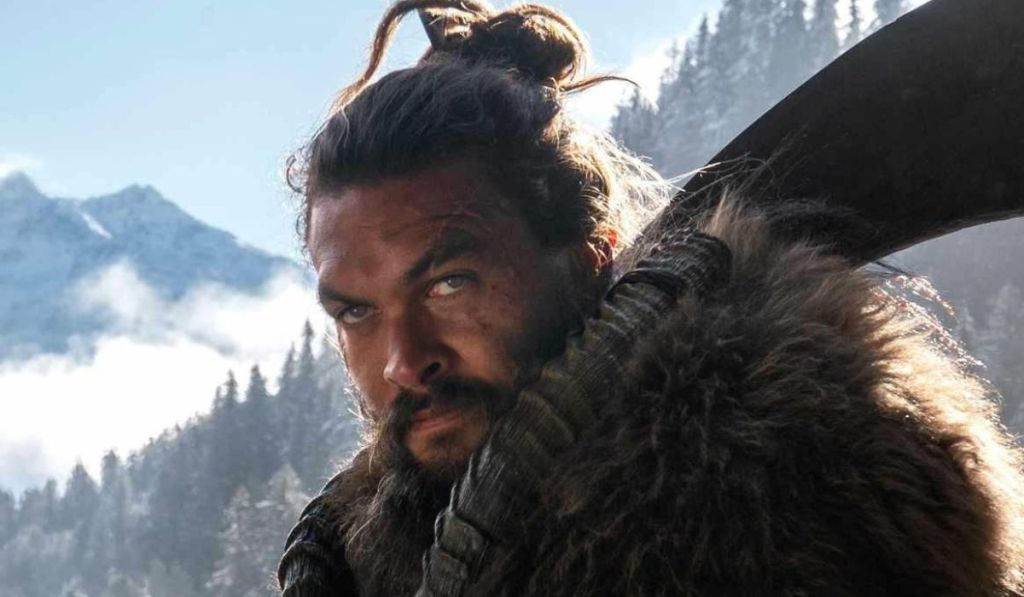
Not everyone has heard of See, but it’s a strong bet thanks to how it flirts with the fantastic through its unusual setting and special abilities (though it’s more of a dystopia). The story takes place in a post-apocalyptic future where humanity has lost its sight and developed tribal cultures to survive. It follows a warrior protecting his children, who were born with sight, threatening the world’s established norms. The premise is creative, not to mention the brutal action scenes, but the tone and structure are far from what you’d expect from a production capable of establishing itself as the “new Game of Thrones.”
See doesn’t have multiple complex narrative threads, let alone the intricate power politics that made GoT a phenomenon. Its more linear, heroic focus puts it far from the grand experience that grabs mass attention (it even struggles due to poor marketing).
10) The Shannara Chronicles
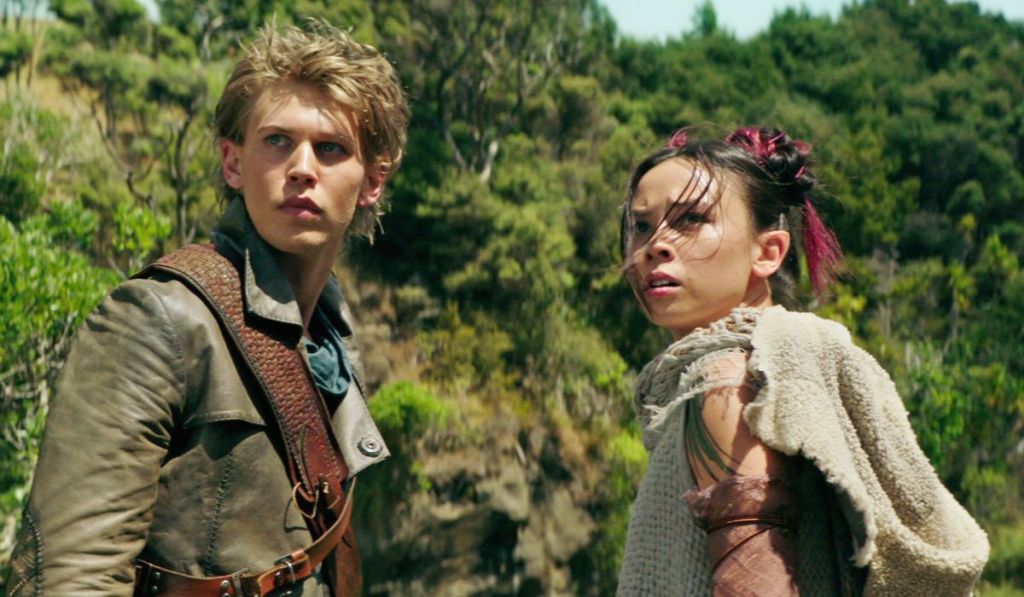
Underrated yet held back by the clear target audience it aimed for, The Shannara Chronicles is based on Terry Brooks’ books. It’s a lighter fantasy that follows a group of heroes trying to save their world from evil forces, among elves, druids, and magic. There’s no denying it: the show invests in adventure and a more youthful tone. The idea is simple, lacking complexity, and stands in strong contrast to the political webs and moral ambiguity of Game of Thrones. So why is it on this list? Simply because it tried to be something big within the genre, directly influenced by GoT.
The Shannara Chronicles managed to build a very loyal fanbase, but asking for more than that is a stretch. It doesn’t reach the depth, cruelty, or shock that marked the HBO phenomenon. Another show canceled after two seasons, it could’ve been bigger. It probably would never have reached the heights of Game of Thrones, but it’s fair to say it had more potential to grow than it did.
11) Emerald City
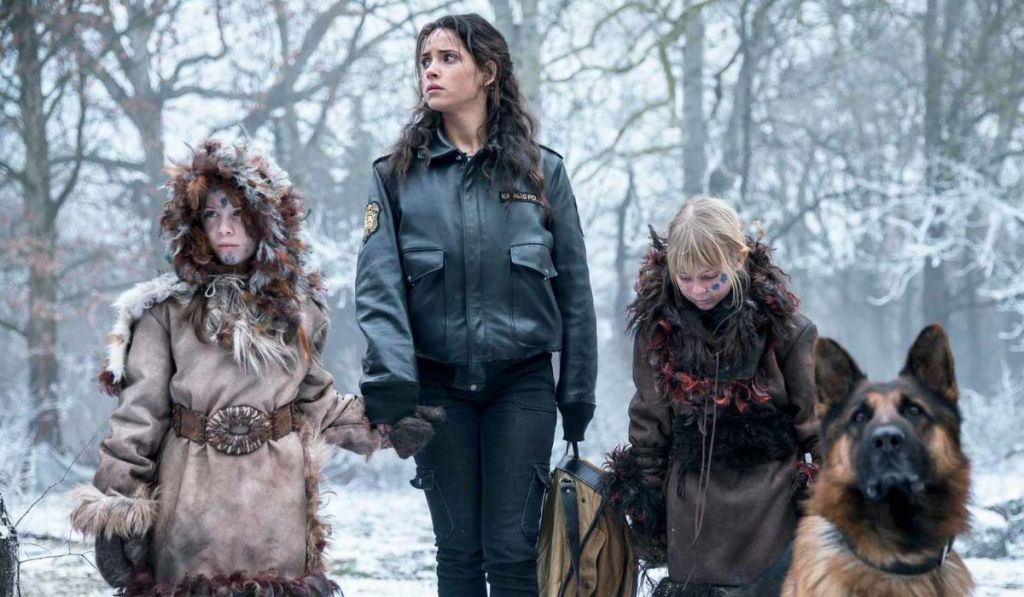
Game of Thrones was a hugely successful book adaptation. With Emerald City, the idea was to try the same (even though the Oz universe is mostly known from the movie The Wizard of Oz and the Broadway play Wicked). Here, the series attempted to reinvent the classic we all know, presenting a darker, more adult version of Dorothy and her group, set in a metropolis filled with politics, magic, and violence. The concept aimed for a modern, less cheerful take on the cinematic adaptation, with a story seeking complexity and twists. It had everything to become big, but the execution was problematic: a confusing script, very uncharismatic characters, and a lack of balance between the different tones it wanted to have.
Only one season was produced before cancellation due to low ratings. Emerald City simply failed to translate its promising concept, and it’s a shame because there was room to be bold enough to compete with fantasy sagas in the post-Game of Thrones era. Unfortunately, it ended up more like a failed experiment.
12) The Bastard Executioner
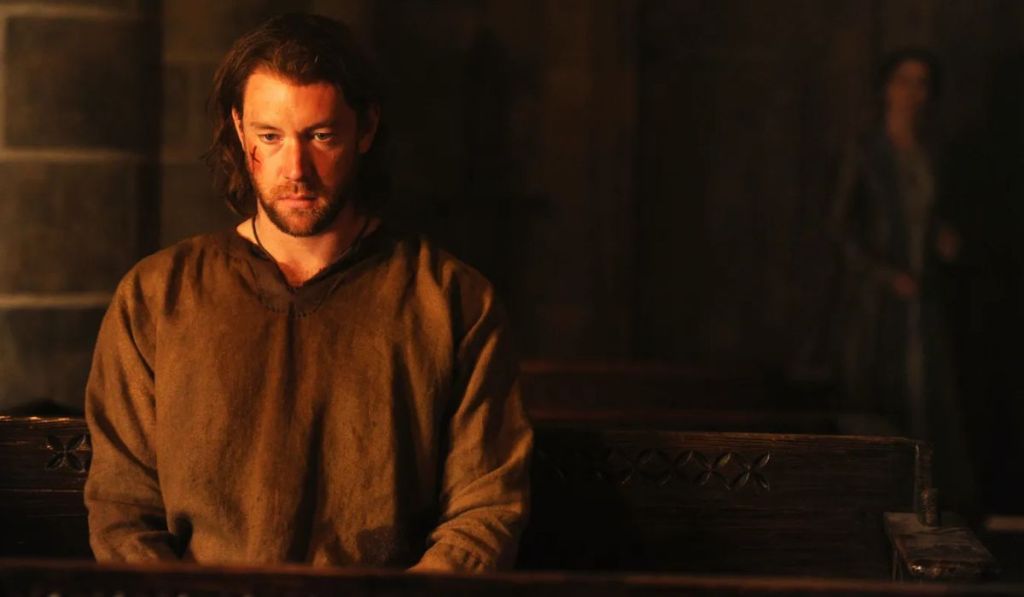
The biggest draw for The Bastard Executioner was its creator, Kurt Sutter, who is well known for the hit Sons of Anarchy. But that alone wasn’t enough, despite the effort. The show’s plot proposed a medieval drama full of violence, intrigue, and twists, focusing on a reluctant knight who leaves war behind for a peaceful life – only to be pulled back into the fight. However, the production failed miserably to engage both critics and audiences, suffering from a confusing script and a general lack of originality. It’s a shame.
GoT was always praised for its complex universe and the fact that there were no clear heroes or villains. It drew from medieval themes but broke the expected mold for stories in that atmosphere, while The Bastard Executioner felt like a generic, poorly executed attempt to copy the medieval formula. On top of that, it was canceled after just one season. Without strong storytelling and compelling characters, violence and setting alone won’t be enough to succeed.
What fantasy series were you most disappointed by? Let us know in the comments below!


